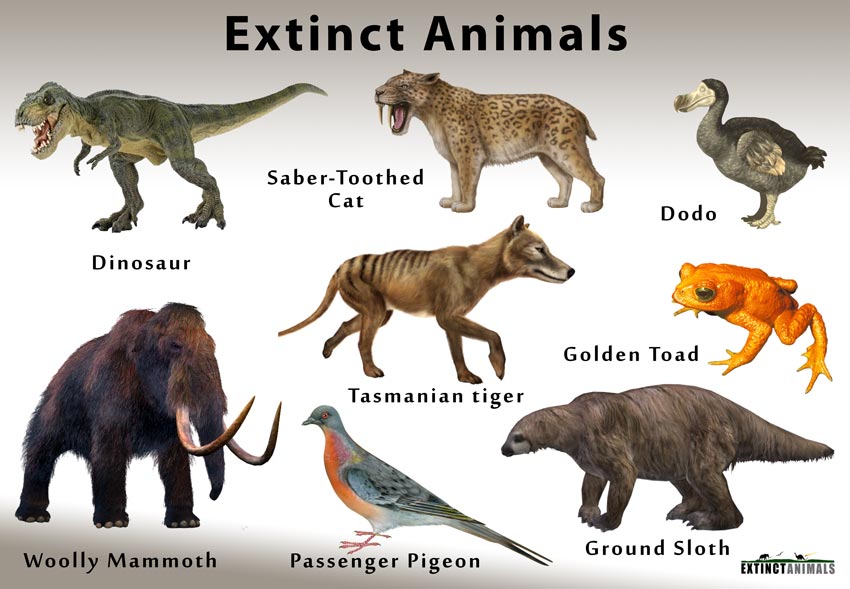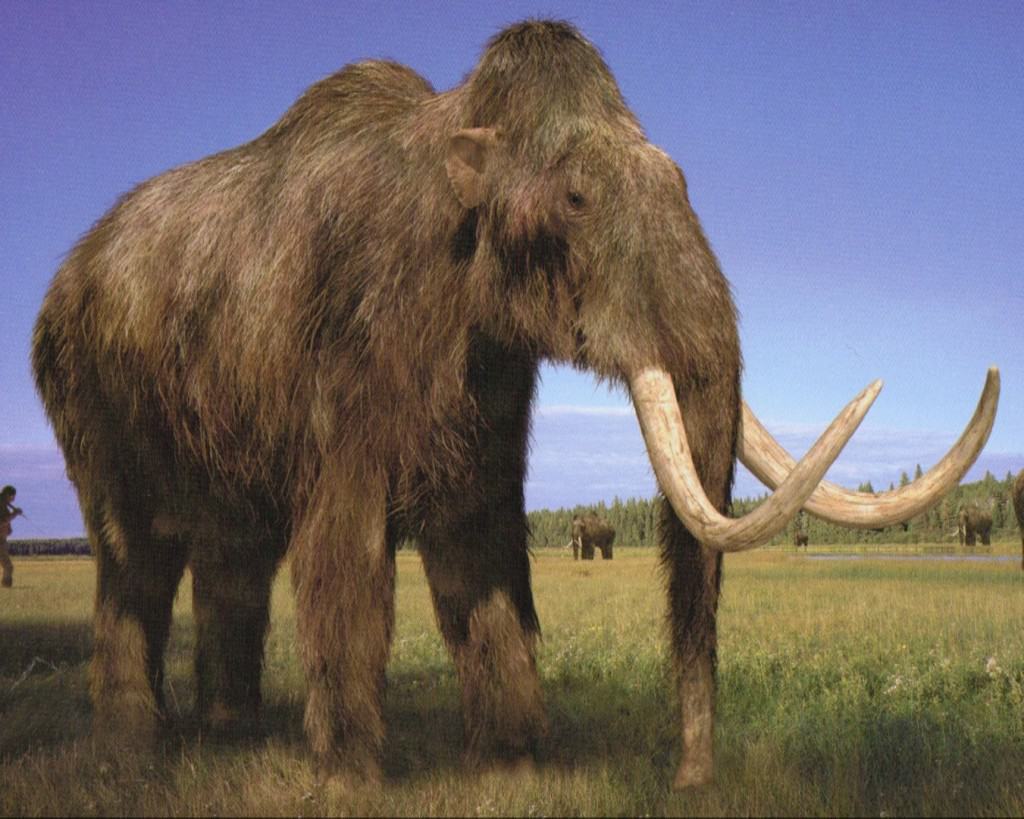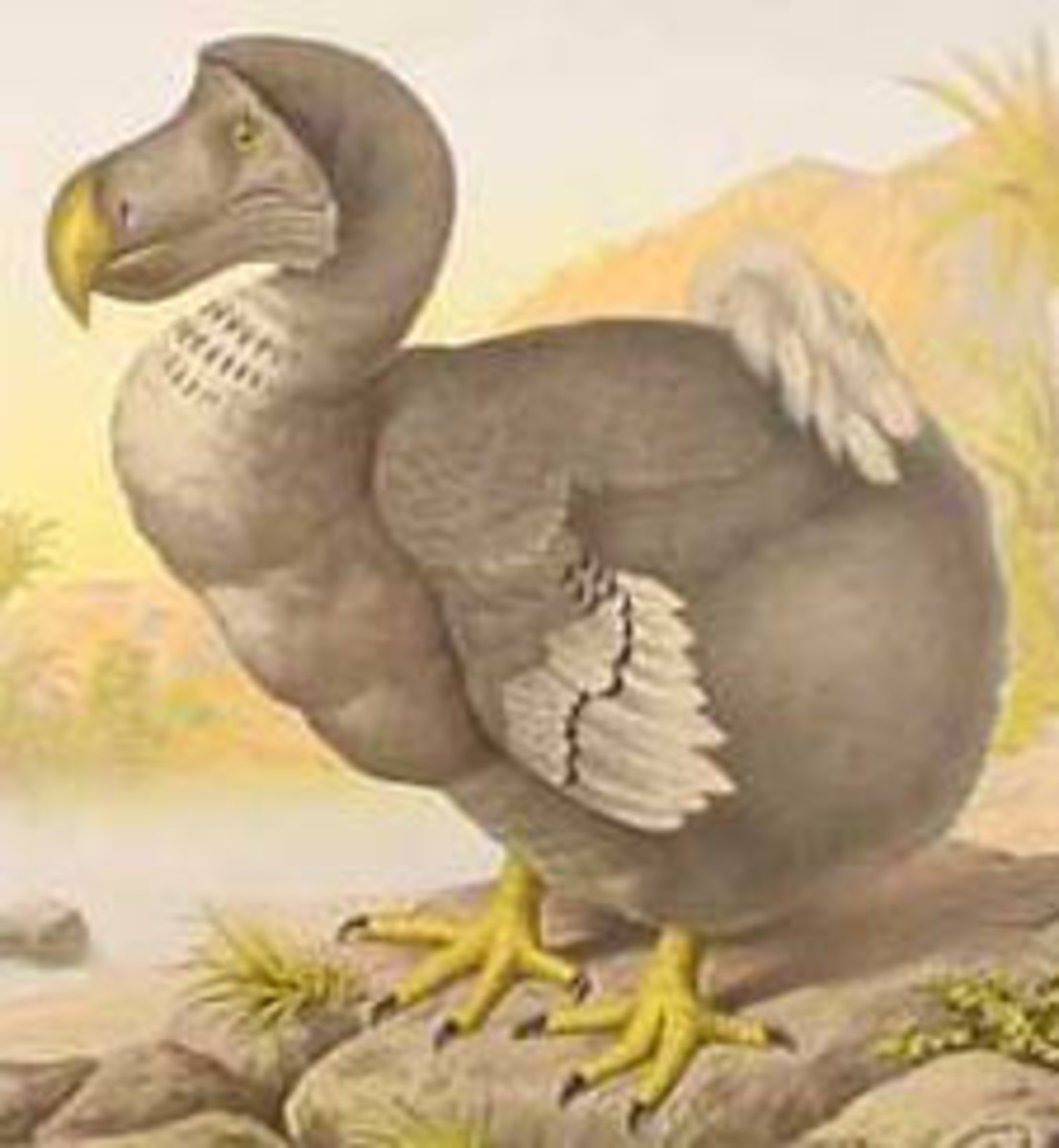Have you ever stopped to think about what it really means for something to be truly gone, completely wiped away from existence? It's a rather profound idea, isn't it? The word "extinct" carries a lot of weight, a sense of finality that can be quite impactful when you consider it. We often hear it in hushed tones, perhaps about grand creatures from long ago or even, you know, some ways of doing things that just don't happen anymore.
This idea, this state of being "extinct," isn't just about ancient dinosaurs, though they are a pretty famous example. It actually touches on many parts of our world, from the biggest animals that once roamed the land to, say, a particular skill that people used to rely on. It's about something reaching a point where it simply is no longer here, not a single one left, which is a very, very big deal.
Today, we're going to explore what "extinct" truly signifies, looking at its various meanings and, you know, how things get to that point. We'll also consider how human actions, too, can play a part in this irreversible process. It's a topic that, honestly, has a lot to teach us about life, change, and our own place in the grand scheme of things, so we should really talk about it.
Table of Contents
- What "Extinct" Really Means
- How Species Become Extinct
- Our Role and the Future
- Frequently Asked Questions About Extinct
What "Extinct" Really Means
When we talk about something being "extinct," we're generally referring to a complete and utter end. It's a word that, quite frankly, signals that there are no more living examples of a particular kind of thing. This isn't just about one or two individuals disappearing; it means the entire lineage, the whole group, has vanished. It's a pretty strong word, and it really gets at the idea of a permanent loss, you know, a final curtain call for a species, a genus, or even a larger collection of living things. This concept, it's almost, like, the ultimate ending for a group of organisms, something that, once it happens, cannot be undone.
The Final Chapter for an Organism
At its very core, extinction, when we're talking about living things, marks the termination of an organism. This happens because of the death of its last member. Think about that for a moment. It's not just that a species becomes rare, or that it's hard to find; it's that the very last individual of that kind has passed away. So, an animal, for instance, is considered extinct when the last remaining member of its species dies out. And then, there is not a single individual left on Earth. This means, quite simply, that the complete disappearance or death of all individual organisms belonging to a particular species has occurred. It's a rather stark picture, isn't it? When that last one is gone, the story of that species, in a way, just stops being written, forever. It's a pretty big moment, actually, for the whole planet.
Functionally Extinct: A Different Kind of Disappearance
Now, sometimes, a taxon, which is a group of organisms, might become functionally extinct even before the death of its last member. This is a slightly different, yet equally sad, scenario. It means that while there might still be a few individuals around, the group has lost the capacity to reproduce. Perhaps there are only individuals of one gender left, or maybe they are too old, or perhaps the population is so scattered that they just can't find mates. So, even though a few living examples might technically still be breathing, the group, as a reproductive unit, is already finished. It's a kind of biological dead end, you know? The future of that group, in a way, has already been sealed, even if the final act hasn't quite played out yet. It's a really important distinction to make, actually, because it highlights that the capacity to continue life is just as vital as life itself.
Beyond Biology: Other Uses of "Extinct"
The meaning of "extinct" isn't only for living things, though that's what we usually think about. It also means, for example, "no longer burning." You might hear someone say, "Edward's cigarillo was extinct," which just means the fire, you know, had gone out. Or, a volcano that is not now active, meaning it won't explode, is called an extinct volcano. This means it's pretty much, like, finished erupting, for good. It's a very clear way to say something has stopped being active or burning.
Furthermore, "extinct" can also refer to something no longer in existence or use. For instance, if a particular kind of worker, or a certain way of life, or a type of activity is extinct, it means it no longer exists. This happens because of changes in society, perhaps. We might say, "Herbalism had become an all but extinct skill in the western world." This just means that the practice, the skill itself, had faded away, becoming something that people, you know, just didn't do much anymore. It's a way of talking about things that have, in a sense, died out culturally or practically, which is quite interesting, really, how the word spans so many different ideas of disappearance.
How Species Become Extinct
The path to extinction can be a very complex one, shaped by many different forces. It's not always a sudden event, though sometimes it can be, like with a massive natural disaster. Often, it's a gradual decline, a slow fading away. Understanding these causes is pretty important if we want to, you know, try and prevent future losses. It's a topic that, honestly, makes you think a lot about how interconnected everything is on our planet, and how delicate that balance can be, too. We really need to pay attention to these things, don't we?
Human Activities and Their Impact
Sadly, many species have become extinct because of human activities. This is a rather sobering thought, isn't it? Our actions, sometimes without us even realizing the full consequences, can have a profound effect on other living things. For example, hunting has been a major factor. When people hunt animals without limits, or hunt them for specific parts, populations can dwindle very quickly. Overharvesting is another big one; this is when we take too many resources from an environment, like too many fish from the ocean or too many trees from a forest, faster than they can, you know, replenish themselves. This puts a lot of stress on the species that rely on those resources, and it can just lead to a really tough situation for them.
Another significant way humans cause extinctions is through the conversion of natural ecosystems. Think about it: when forests are cut down for farms or cities, or wetlands are drained for development, the natural homes of countless species are destroyed. This loss of habitat means animals and plants lose their shelter, their food sources, and places to raise their young. They just, in a way, have nowhere left to go. This change, this transformation of the land, is a very powerful force, and it can push species towards their end, you know, without much hope of recovery. It's a direct link between our way of life and the disappearance of others, which is something we should, perhaps, think about a bit more often.
Natural Occurrences in the Balance of Life
While human actions play a big part, it's also true that causes of extinction might include things like an epidemic. Just like humans, animals can suffer from widespread diseases that can wipe out entire populations. An extreme event, too, could be a factor. This could mean a massive volcanic eruption, a prolonged drought, or even a sudden, dramatic shift in climate that a species simply cannot adapt to quickly enough. These are natural forces, you know, part of the Earth's own dynamic processes. They've been happening for millions of years, shaping life on our planet in very powerful ways. So, while we focus on what we do, it's good to remember that nature itself has its own ways of, you know, changing the landscape of life, which is a pretty humbling thought, really, when you consider it.
The Process of Change and Loss
It's interesting to consider that through evolution, species arise through the process of speciation. This is where new species come into being, slowly changing and adapting over vast stretches of time. Extinction, in a way, is the flip side of that coin. It's the natural conclusion for many species throughout Earth's history. However, the current pace of extinction, especially that caused by human activities, is what often concerns people. It's a kind of accelerated loss that, you know, seems to be happening much faster than new species can evolve to fill the gaps. The idea of extinction also appears in popular culture, too. For instance, there's a movie called "Extinct," directed by David Silverman, with Adam Devine, Rachel Bloom, Ken Jeong, and Zazie Beetz. This shows that the concept of species disappearing, and what that means, is something that, you know, captures our imagination and makes us think about these very big questions, which is a good thing, I think.
Our Role and the Future
Understanding what "extinct" means, and how it comes about, gives us a pretty clear picture of our own responsibilities. We've seen that our actions, like hunting or changing habitats, can really push species to the brink. This knowledge, it's almost, like, a call to action for us, isn't it? We have a part to play in protecting the diversity of life on Earth. So, what can we do? Well, it involves making choices that are more thoughtful about the world around us. Maybe it's supporting conservation efforts, or making everyday decisions that reduce our impact on natural places. It's about recognizing that every living thing, you know, has a place in the grand tapestry of life, and that when one thread is pulled, it affects the whole. We can learn more about preserving biodiversity on our site, and perhaps, too, explore ways to support sustainable practices in our daily lives. It's a continuous effort, really, to ensure that the stories of other species don't end prematurely, and that we, you know, help write a better future for all.
Frequently Asked Questions About Extinct
People often have questions about this topic, and that's perfectly understandable. It's a complex subject with a lot of different aspects. Here are some common things people wonder about when they hear the word "extinct," based on what we've talked about today, which is quite interesting, you know, to consider.
What does "extinct" truly signify for a species?
For a species, "extinct" means that there are no longer any living members of that group anywhere on Earth. It means the complete disappearance or death of all individual organisms belonging to that particular species. So, if we're talking about an animal, it's considered extinct when the last remaining member of its species dies out, and there is not a single individual left. It's a pretty absolute kind of ending, really, for that specific form of life.
How do human activities lead to species becoming extinct?
Humans cause extinctions in several significant ways. Many species have become extinct because of human activities such as hunting, which can reduce populations to unsustainable levels. Overharvesting, taking too many resources from an ecosystem, is another big factor. Perhaps one of the most impactful ways is the conversion of natural ecosystems, like forests or wetlands, into other uses, which destroys the habitats that species need to survive. These actions, you know, really put a lot of pressure on wild populations.
Can a species be "functionally extinct" even if some individuals are still alive?
Yes, a taxon, which is a group of organisms, may become functionally extinct even before the death of its last member. This happens if the group loses the capacity to reproduce. So, even if there are a few individuals still living, if they can't create the next generation, the species is, in a way, already doomed. It's a rather sad situation, actually, because the future of that group has already been cut short, even if the very last one hasn't yet passed away. It's a very important distinction to grasp, I think, when we talk about these things.
For more information on the broader context of Earth's biodiversity and conservation efforts, you might find this external resource helpful: World Wildlife Fund. It's a good place to, you know, get a wider perspective on these important issues, and see what others are doing to help, which is quite inspiring.



Detail Author:
- Name : Mr. Wellington Greenfelder
- Username : elangworth
- Email : ruth.will@yahoo.com
- Birthdate : 1971-01-23
- Address : 2852 Waylon Forks Katarinamouth, TX 81449-6212
- Phone : (260) 435-3170
- Company : Watsica and Sons
- Job : Infantry
- Bio : Unde voluptates ut dolorem et. Non perferendis perspiciatis est nulla est quia qui. Nihil quas aut ullam. Occaecati nihil quos blanditiis quia consequatur. Nisi magnam maiores debitis corrupti.
Socials
instagram:
- url : https://instagram.com/lebsack1978
- username : lebsack1978
- bio : Sed unde dolores dolores. Odio et architecto rem. Iusto esse accusamus nobis quasi aspernatur.
- followers : 1935
- following : 1954
linkedin:
- url : https://linkedin.com/in/ollie.lebsack
- username : ollie.lebsack
- bio : Et qui animi tempore vel sed.
- followers : 6520
- following : 1332

